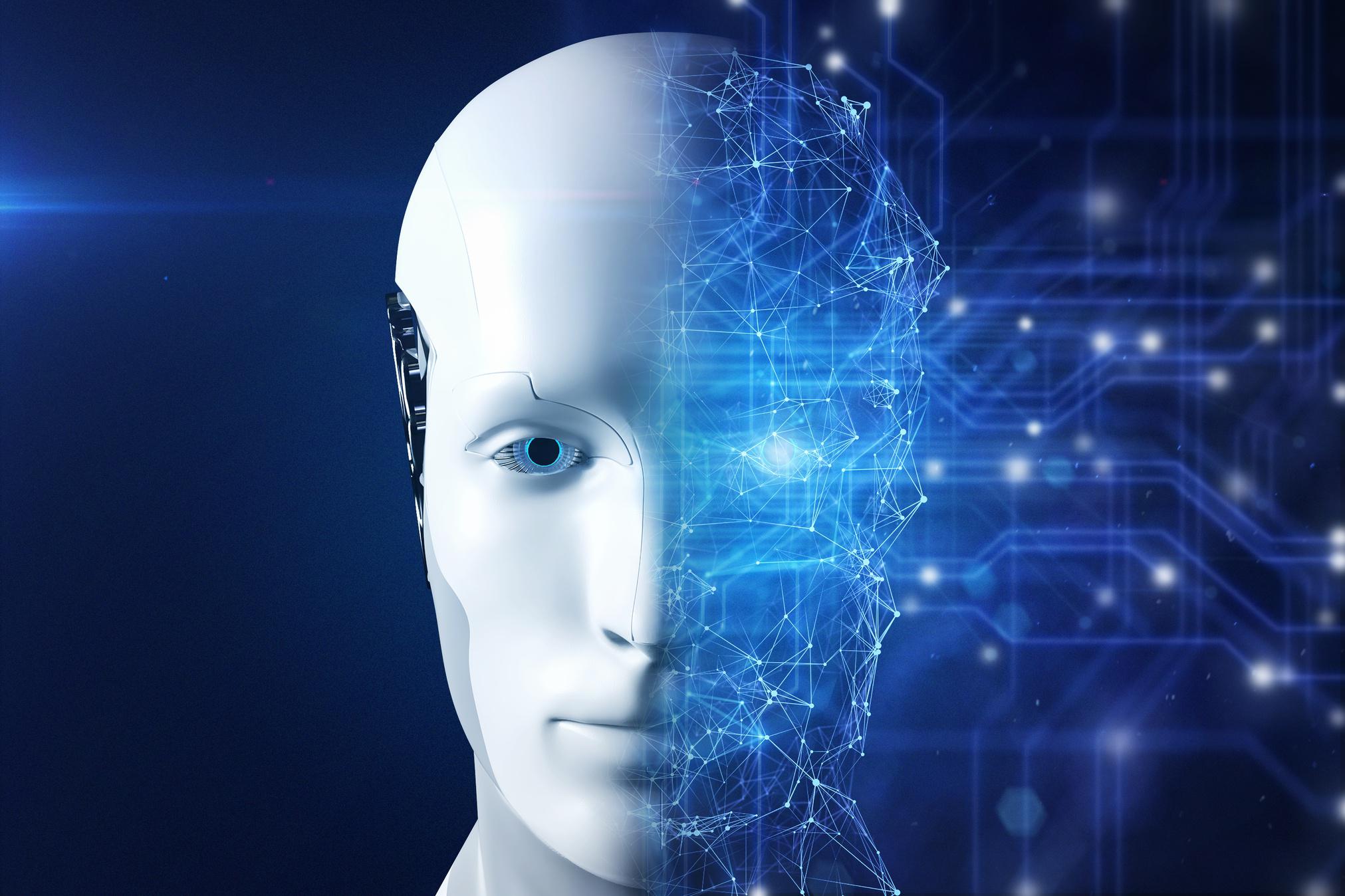
Automating Content, Strategy, & Engagement With AI. Founder & CEO at instarel.ai. Driving disruption at System Soft Technologies.
getty
Two fields that are rapidly evolving, advancing and holding infinite promise for the future of humanity are robotics and artificial intelligence (AI). From the simplest of tasks to the most complex and demanding in our everyday lives, advances in robotics and AI have made it possible to create machines that can perform tasks with incredible speed and accuracy.
With these two technologies beginning to converge, is the new age upon us in which robots that are more intelligent and capable than ever before are the future of humans?
Machines Among Men
Although robotics and AI have always been in the conversation, the last two decades have seen a rapid rise in their development and application. Fear of the misconception that these machines will take over our jobs has been allayed.
Instead, robots and AI complement humans, helping us get more done at a faster rate with more accuracy than we can on our own. Advances in AI have allowed us to create computer systems that can learn and adapt over time. Alexa, Siri, Google Assistant and other similar tools have all become a big part of how we interact with machines and AI in our daily activities.
MORE FROMFORBES ADVISOR
Understanding Robotics And AI
Although understanding robotics and AI can be a complex and challenging process, it can also be an exciting opportunity to explore the cutting edge of technology. Robotics and AI are rapidly evolving fields, with new advances every day as these technologies provide an insight into the future of human-computer interaction and automation.
Although most people are accustomed to interchanging robotics and AI to mean the same thing, they’re distinct fields. Robotics is an aspect of computer science and engineering in which machines are built and programmed to perform tasks without human interference. AI, however, encompasses systems that emulate the human mind to learn, solve problems and make decisions independently without needing the already programmed instructions.
Robotics has been around for hundreds of years. Still, it wasn’t until the mid-20th century that engineers began to design machines that looked and acted like human beings, able to move around in a controlled environment. Today, robotics are found in many industries, including manufacturing, healthcare, space exploration and autonomous vehicles. For AI, having a basic knowledge of AI technologies is essential in understanding how computers are programmed for intelligent behavior using various machine learning techniques such as networks, fuzzy logic and deep learning.
Heading Into The Future
Even though the future is already upon us with the way technology and innovation are at the heart of everything we do, there are still more ways in which robotics and AI can be applied in the future. Some of the areas include the fields of:
Manufacturing: A promising area for robotics and AI is manufacturing, as companies are beginning to use robots in their factories and warehouses to improve efficiency and lower costs. Robots can also be used in areas where human workers might be at risk, such as mining and construction. Meanwhile, AI can play an essential role in designing and producing consumer goods by helping engineers create new products that meet customer needs more effectively.
Medicine: As technology continues to intensify, robots are used to assist surgeons in performing delicate and complex procedures and to deliver care to patients in hospitals and long-term care facilities. AI could also improve healthcare by analyzing large amounts of data and identifying patterns that might help researchers and doctors better understand conditions like cancer, as well as liver, kidney and heart disease.
Business: The use of robotics in business can have many benefits, such as increased efficiency. When enterprises use robots to handle tasks that human workers traditionally carry out, they’ll be able to complete those tasks faster and with fewer errors. Some brands are already deploying robots to deliver packages. At the same time, some restaurants are using robots to take care of tasks such as flipping burgers and serving orders. Innovations like this can lead to significant productivity gains, which can help businesses save money and stay competitive.
Why Robots And AI Are Our Future
Overall, robotics and AI are two technologies that hold great promise for the future of humanity. Although these technologies are still in their infancy, we’ll likely see even more breakthroughs in the coming years as researchers continue to explore their potential applications. Here are five reasons why robotics and AI are our future:
- They have the potential to significantly improve our quality of life in areas such as education and even at home. Humanoid robots are boosting the process of personalized learning. And while at home, cloud-connected robots can do chores such as vacuuming and cooking.
- They can play a pivotal role in solving many of the world’s most pressing problems, such as climate change, energy insecurity and healthcare challenges.
- They can be used to automate many of the tedious, repetitive tasks that we currently do in our daily lives, freeing up time and energy for more creative pursuits.
- They also provide us with new tools to better understand and protect the natural world around us, helping us create a more sustainable future for ourselves and future generations.
- They offer us the promise of a more equitable and just society in which everyone has the opportunity to reach their full potential regardless of their background or circumstances.
Conclusion
Robotics and AI certainly have the power to transform our world, helping us navigate a rapidly changing future with greater confidence and optimism. Whether we embrace these emerging technologies or resist them, they’re undoubtedly here to stay and will continue to play an increasingly important role in all of our lives.
Forbes Technology Council is an invitation-only community for world-class CIOs, CTOs and technology executives. Do I qualify?
